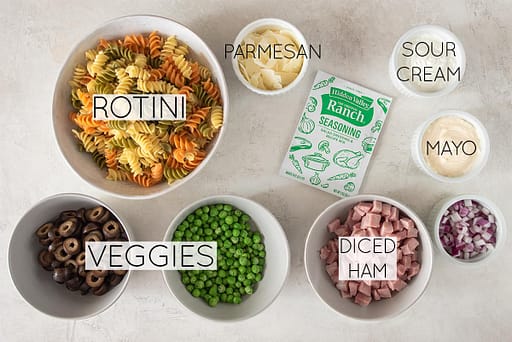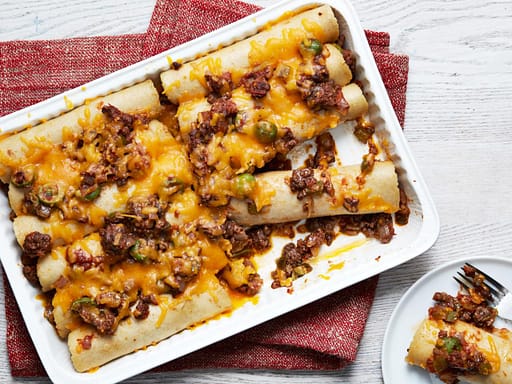Managing type 2 diabetes requires a balanced diet that keeps blood sugar levels within a healthy range. Cooking delicious and nutritious meals at home can be a challenge, but these recipe ideas will help you create flavorful and satisfying dishes while managing your diabetes.
A balanced diet for type 2 diabetes emphasizes whole, unprocessed foods, such as fruits, vegetables, lean protein, and whole grains. It’s important to limit sugary drinks, processed foods, and unhealthy fats. Meal planning and making smart food choices can help you manage your blood sugar levels and improve your overall health.
The following recipe ideas are designed to provide a variety of nutrient-rich and diabetes-friendly options. They include breakfast ideas, lunch options, dinner entrees, and healthy snacks. Each recipe includes nutritional information to help you make informed choices.
Breakfast Ideas for Type 2 Diabetes
Start your day with a nutritious breakfast that will help keep your blood sugar levels stable. Whole-wheat toast with avocado and smoked salmon provides a good source of fiber, healthy fats, and protein. Oatmeal with berries and nuts is another excellent option, offering a combination of soluble fiber, antioxidants, and heart-healthy fats.
For those who prefer a savory breakfast, scrambled eggs with spinach and mushrooms are a protein-packed meal that’s also low in carbohydrates. Greek yogurt with fruit and granola provides a balanced mix of protein, fiber, and healthy fats. These breakfast ideas are easy to prepare and will help you feel satisfied and energized throughout the morning.
Remember, when choosing breakfast options, opt for whole grains over refined carbs, choose lean protein sources, and include fruits and vegetables for a balance of nutrients and fiber.
Lunch Options for Type 2 Diabetes
Pack a healthy lunch that will keep you satisfied and prevent blood sugar spikes. A grilled chicken salad with mixed greens, vegetables, and a light vinaigrette dressing is a nutritious and low-calorie option. Whole-wheat sandwiches with lean deli meat, cheese, and vegetables are another good choice.
For a vegetarian lunch, try a lentil soup with a side of whole-wheat bread. Lentil soup is rich in fiber, protein, and iron, making it a filling and nutritious meal. If you’re craving a wrap, opt for a whole-wheat tortilla filled with grilled tofu, hummus, and vegetables.
When preparing your lunch, focus on whole, unprocessed foods and limit processed meats, sugary drinks, and unhealthy fats. Include a variety of fruits, vegetables, and lean protein in your lunch to promote satiety and maintain stable blood sugar levels.
Dinner Entrees for Type 2 Diabetes
Dinner is an opportunity to enjoy a satisfying and balanced meal that will help you manage your blood sugar levels. Grilled salmon with roasted vegetables is a flavorful and healthy option that provides omega-3 fatty acids and plenty of fiber. Chicken stir-fry with brown rice is another excellent choice, offering a combination of lean protein, vegetables, and whole grains.
If you’re in the mood for something more substantial, try a turkey chili with a side of cornbread. Turkey chili is a hearty and flavorful dish that’s also low in fat and calories. Vegetarian options include a tofu and vegetable curry with brown rice or a lentil shepherd’s pie with mashed sweet potatoes.
When preparing your dinner entrees, choose lean protein sources, such as fish, chicken, tofu, or beans. Include a variety of vegetables to ensure you’re getting a wide range of nutrients and fiber. Opt for whole grains over refined carbs and limit your intake of processed foods and unhealthy fats.
Conclusion
Managing type 2 diabetes requires a balanced diet and smart food choices. These recipe ideas for breakfast, lunch, dinner, and snacks provide a variety of nutrient-rich and diabetes-friendly options. By incorporating these ideas into your meal plan, you can enjoy delicious and satisfying meals while managing your blood sugar levels and improving your overall health.
Remember, it’s always recommended to consult with a registered dietitian or healthcare professional for personalized dietary advice and to discuss your specific dietary needs and preferences to manage type 2 diabetes effectively.



